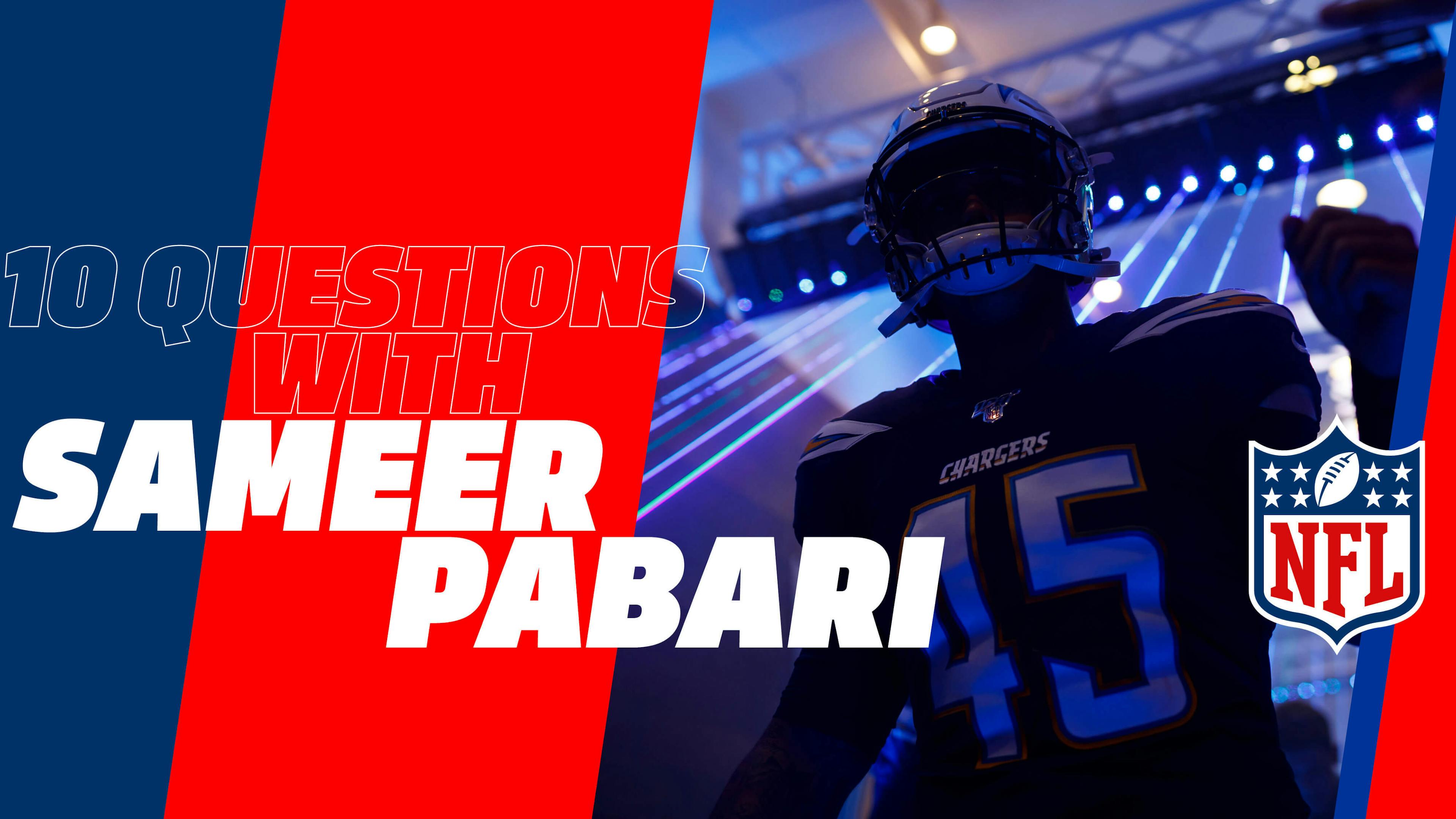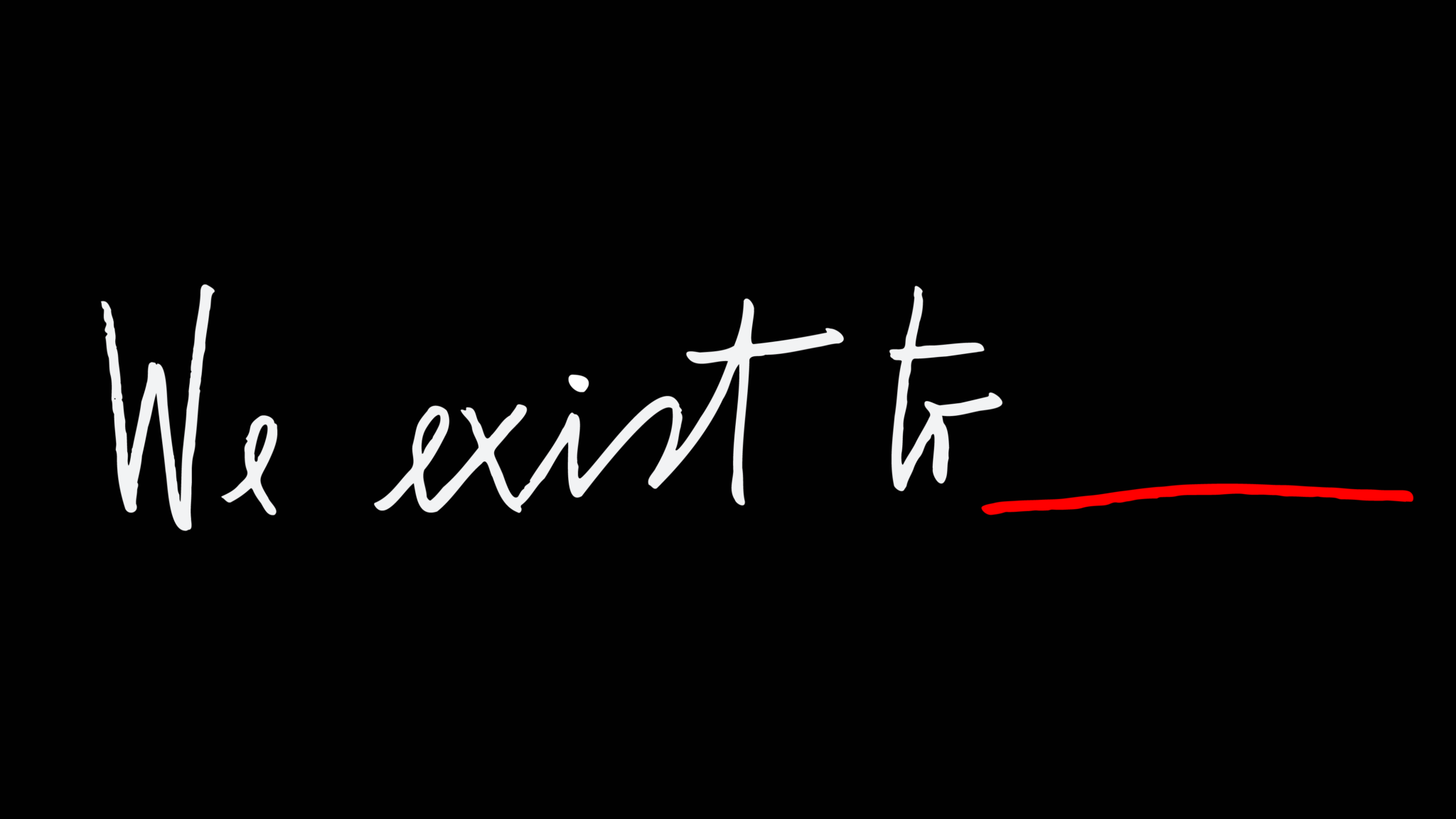

10?’s with Pentagram Partner, Marina Willer
Marina opens up our 10 Questions series with a bang. London’s first female Pentagram Partner, and feature filmmaker, Marina takes us behind the scenes into her process, growing up in Brazil, and navigating a male-dominated industry.
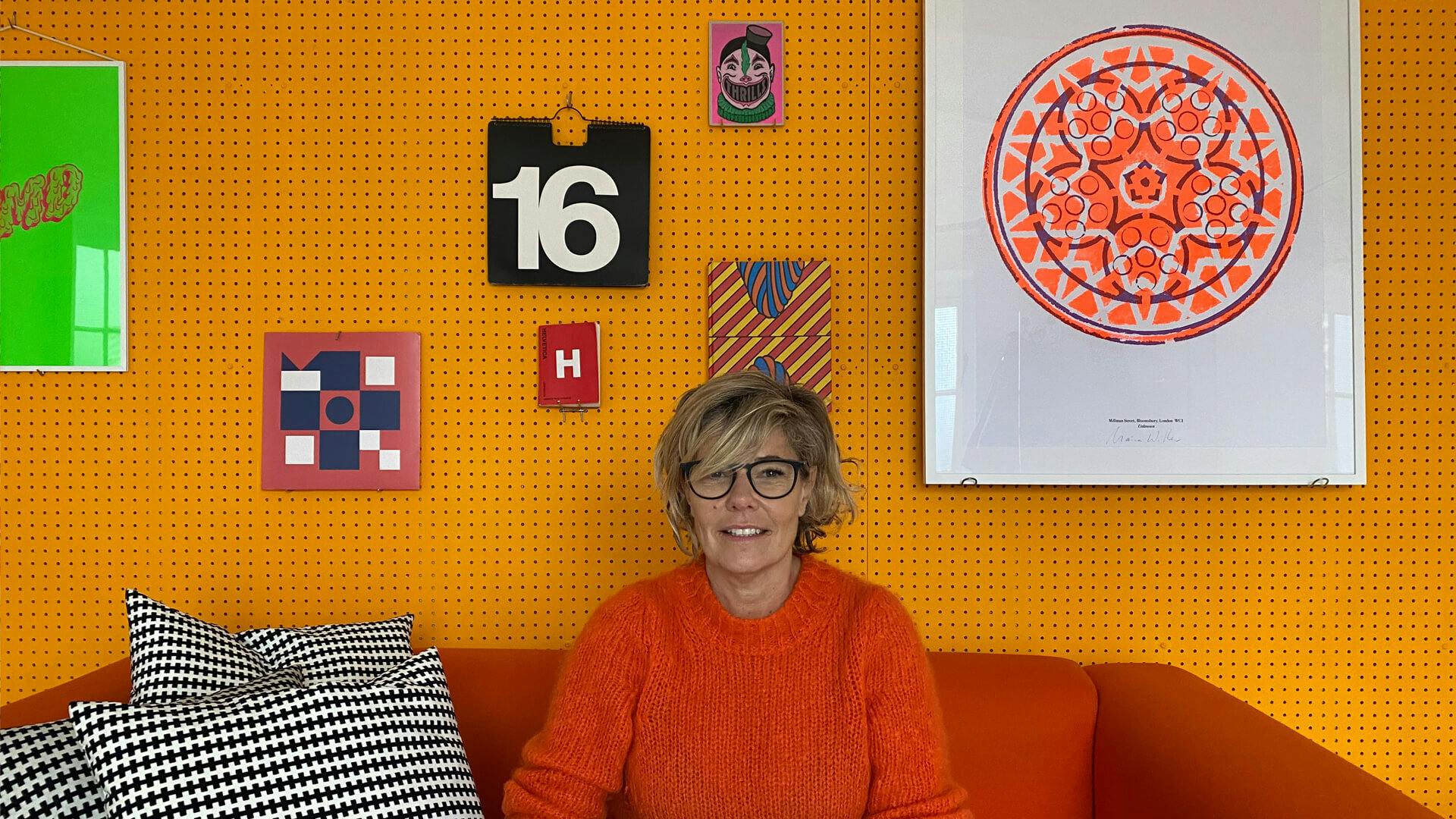
The Marina Willer! OK, you’ve been interviewed so many times, by so many different people. We’re going to try and ask you some questions you haven’t been asked before. So, here goes…
You’ve suffered from Chronic migraines your whole life. Can you tell us what it’s like to be a mum, a Pentagram Partner, and a filmmaker, whilst suffering almost every day?
It’s crazy. It’s chaos. But I am so lucky I have a job I love. Work and life are all one thing when you love what you do. And I am surrounded by an amazing, creative family that I love so much.
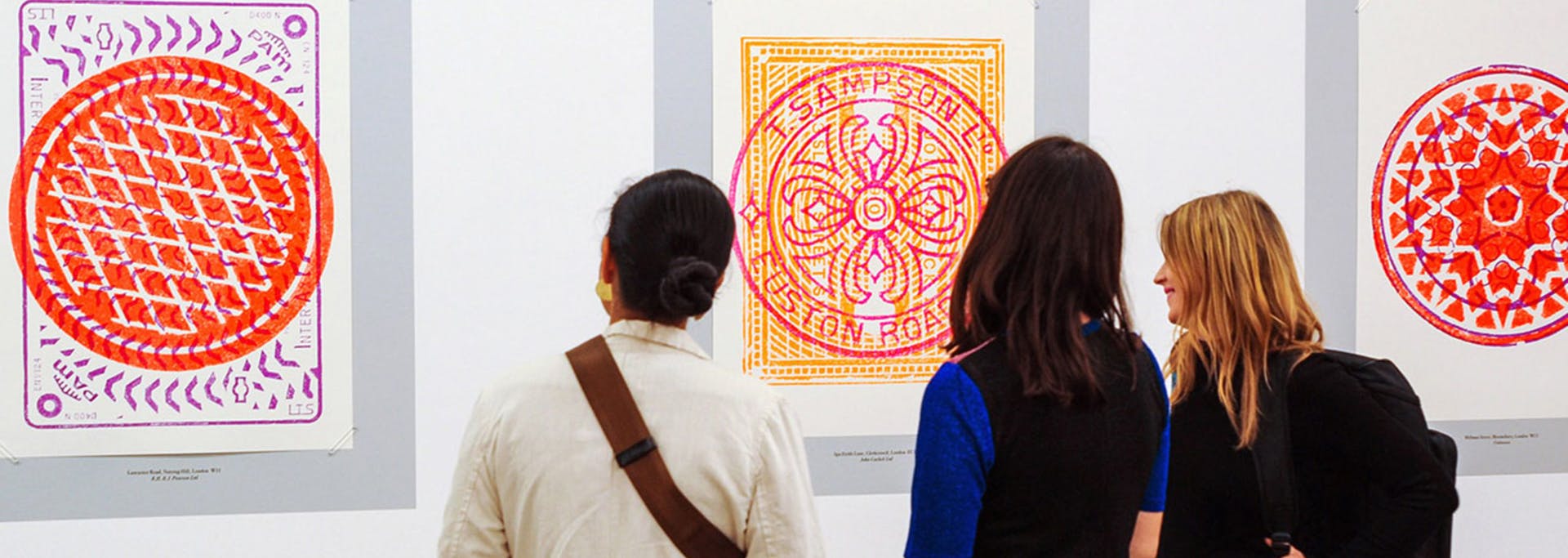
You’re a long way from home and your family. How does that affect you?
It is hard to be far from our aging parents, knowing they are not well at times like this. But we have to do our best and keep as close to them as we can. We invent new ways, for example with our children having real conversations, discussions with their grandparents online every day and that becomes a wonderful habit that we all participate in. We exchange drawings, poems, discuss astrophysics, all kinds of weird things. We created an Instagram account just for my dad’s drawings now with Parkinson’s and shaky hands they are even more beautiful.
You learn to live always missing a part of you, your origins, but that part is also always there in you. I know so many of us are going through this challenge now. But London has also become my home. My family is both here and there. I am Brazilian and English by now and I have so much inspiration and love from my family here, I am really lucky.
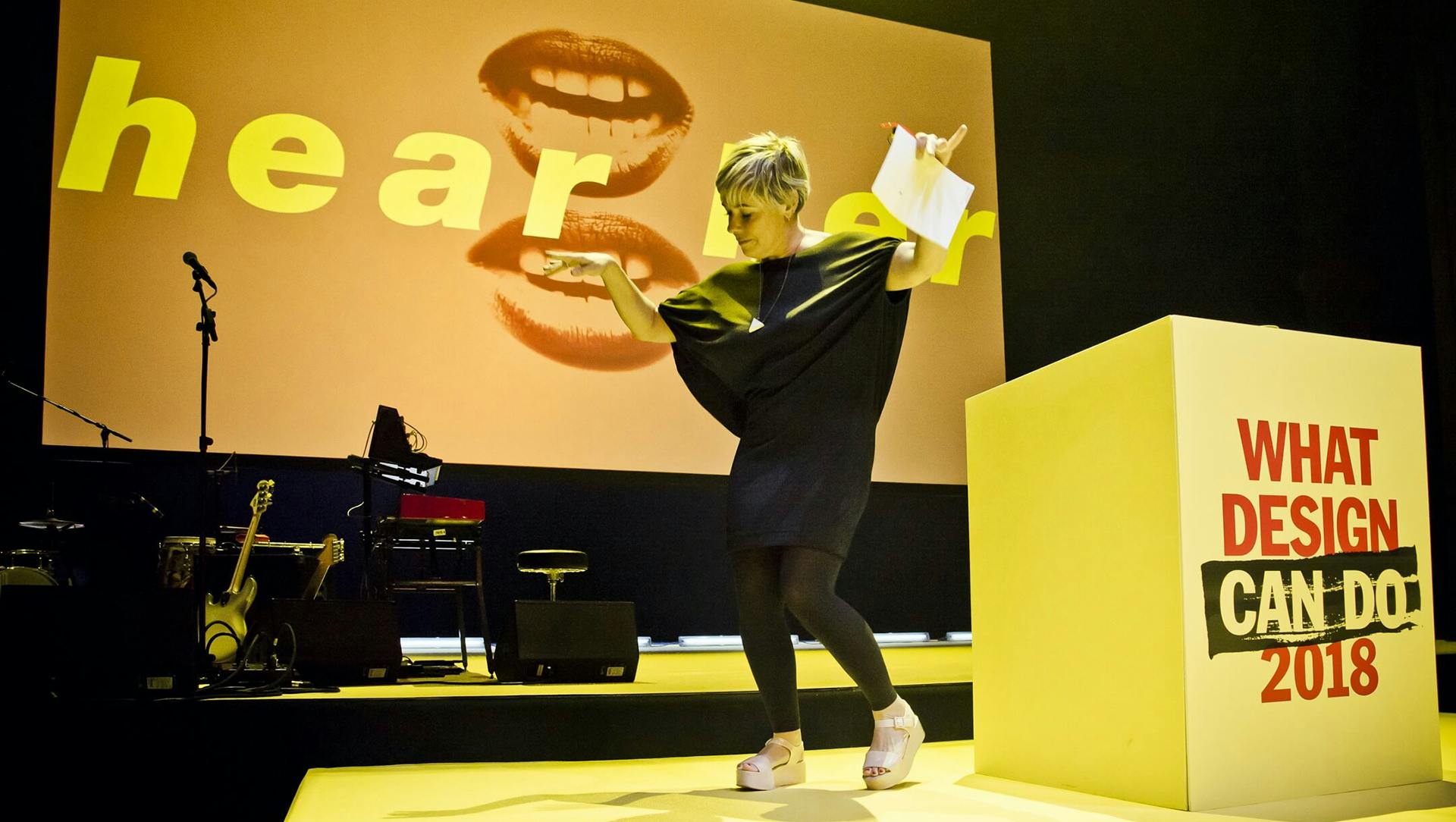
Do you dream in English or Portuguese?
Both and sometimes mixed. It depends on the context, like in life who I am talking to or thinking about.
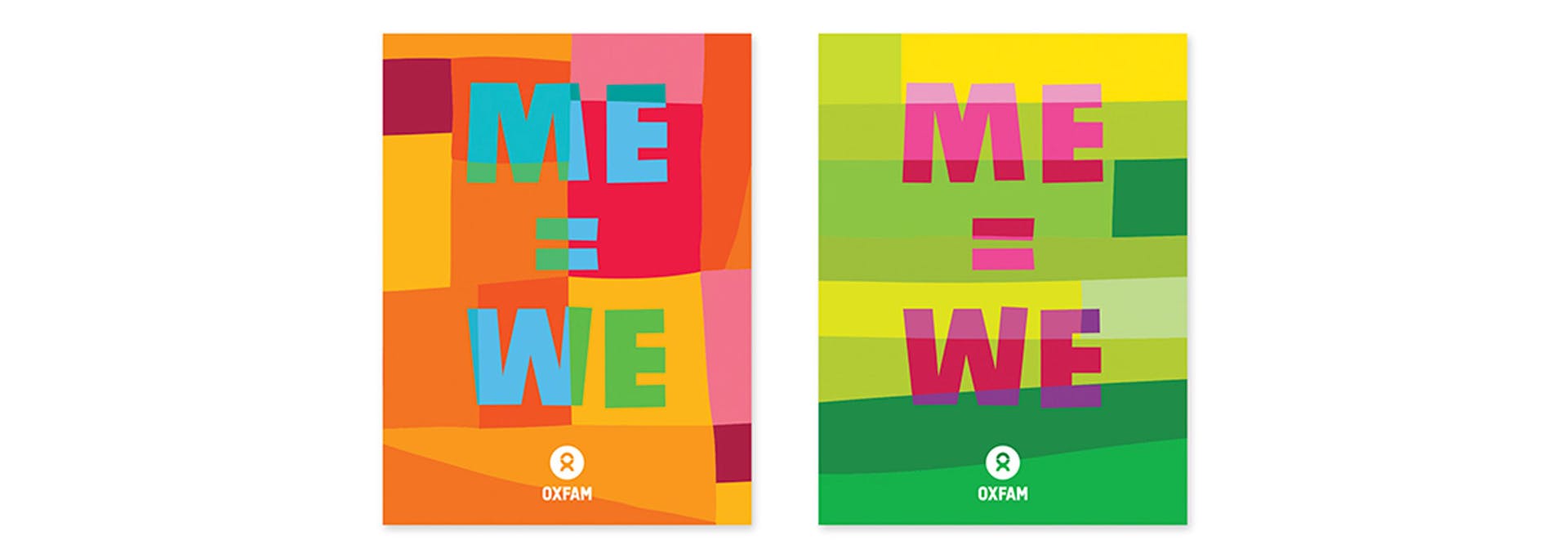
“Working together, with the client, with the team, never losing sight of the vision behind what we are doing makes the design relevant.”
Can you give us an insight into your process? How do you start a project, what’s your role, and how does everything look so amazing, and so ‘Marina’? We can spot your work from a mile off.
Each process is quite different. For branding projects, I always look to respond to the strategy of the organisation, where they are going, their ambition, what they want to change in the world, what their point of difference is. From that, we define what the design needs to do.
Working together, with the client, with the team, never losing sight of the vision behind what we are doing makes the design relevant.
Once you’ve established that framework for the design, things happen and you bring inspiration from all over the place, from all the things you love, things you’ve seen and collected through life. Everyday things, colours, shapes, textures.
Ideas come from everywhere, and mostly from the least expected. You need to be present to be able to see stuff. And we can be like a sponge that picks things, moods and cultures, learning from everywhere.
I think to do good work you need to enjoy, create the space, the spirit and the vibe where good things can happen.
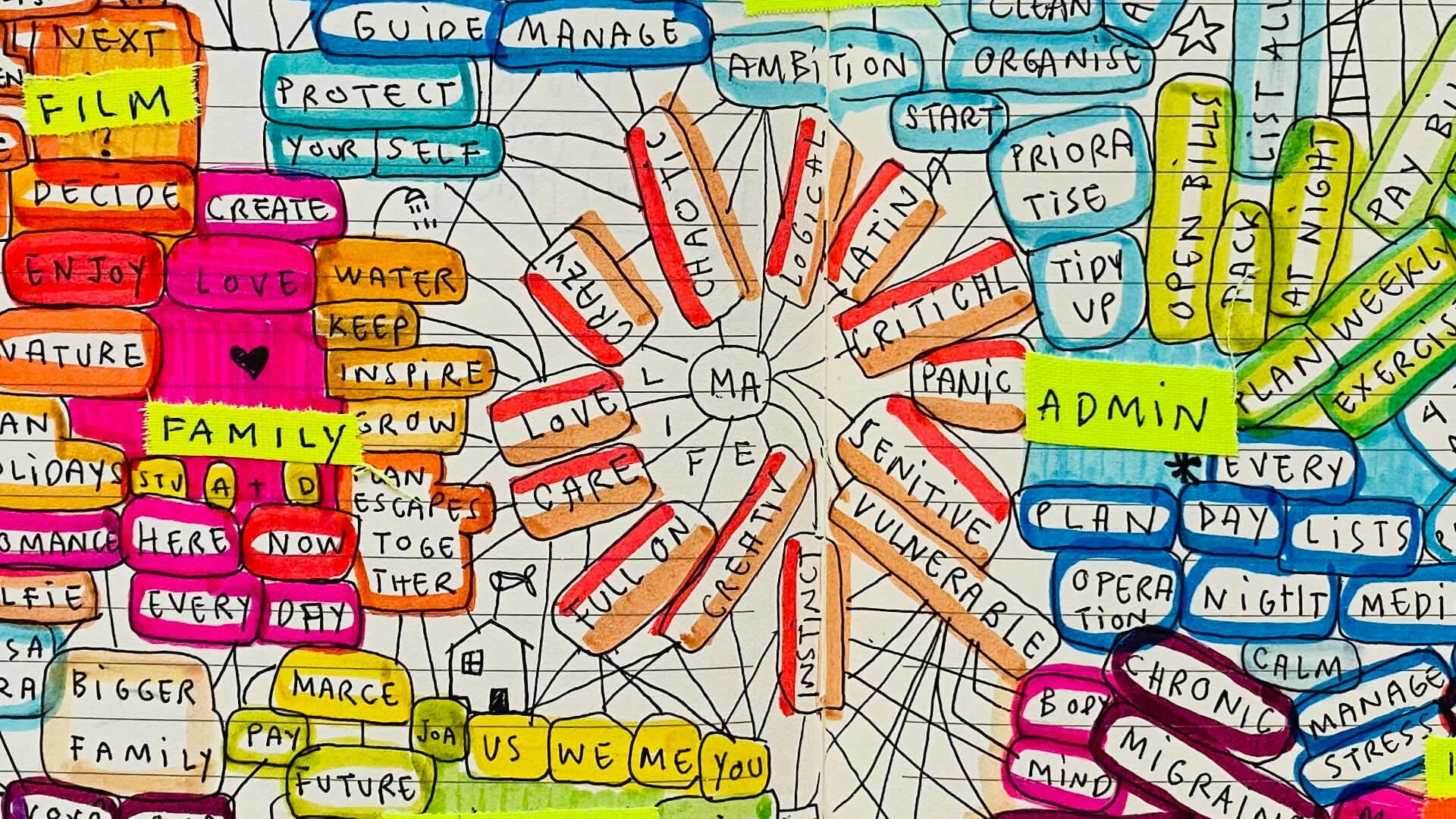
We both work with students in universities and see a healthy mix of male and female designers there. Why do you think the industry is so male-dominated?
I think many factors contribute to that. Society still functions in a way that is male-dominated and that also happens in design. As we work with branding, that kind of design is often close to the decision-makers in organisations, and those voices can be strong and loud. Women don’t always want to develop ways to operate in that environment. Sometimes the quiet power is more respectful and considered.
The other simple reason is that child care is not free or cheap in the UK. So if you are a mum in the early stages of your career you can’t afford to work and pay for care. You end up pausing your career and it’s not always easy to get back or to get your confidence back.
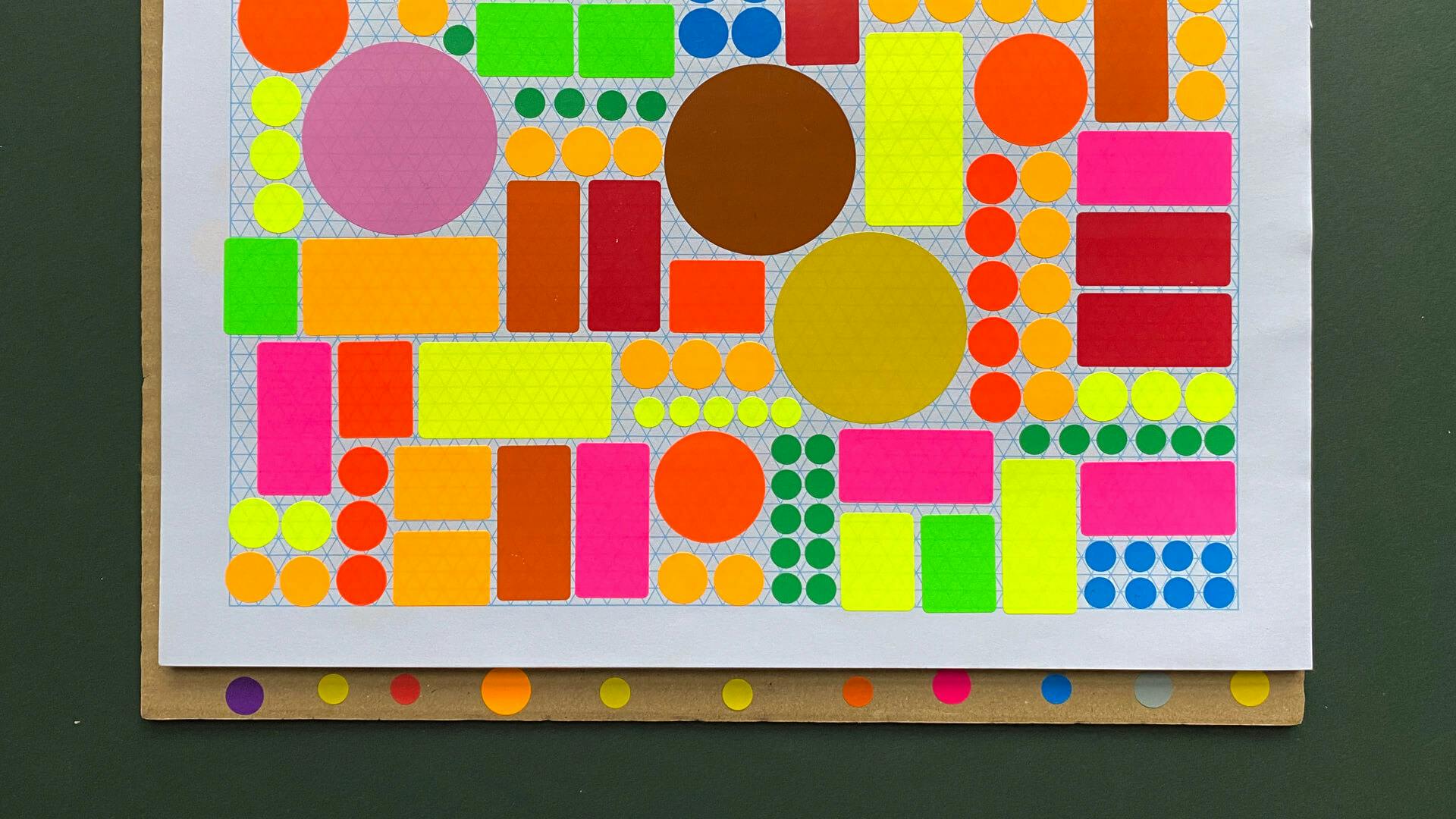
Can you tell us what it was like for you as a junior designer working in Brazil, and in London against a very chauvinistic backdrop?
It was like Mad Man. I remember so many times having to escape from situations that were really uncomfortable as you are judged by appearance rather than given the real opportunity to have a voice. Brazil is of course more extreme in that way. In general, the world has changed, and it also has not if you think of how chauvinistic Bolsonaro, Trump and so many other leaders in this world are.
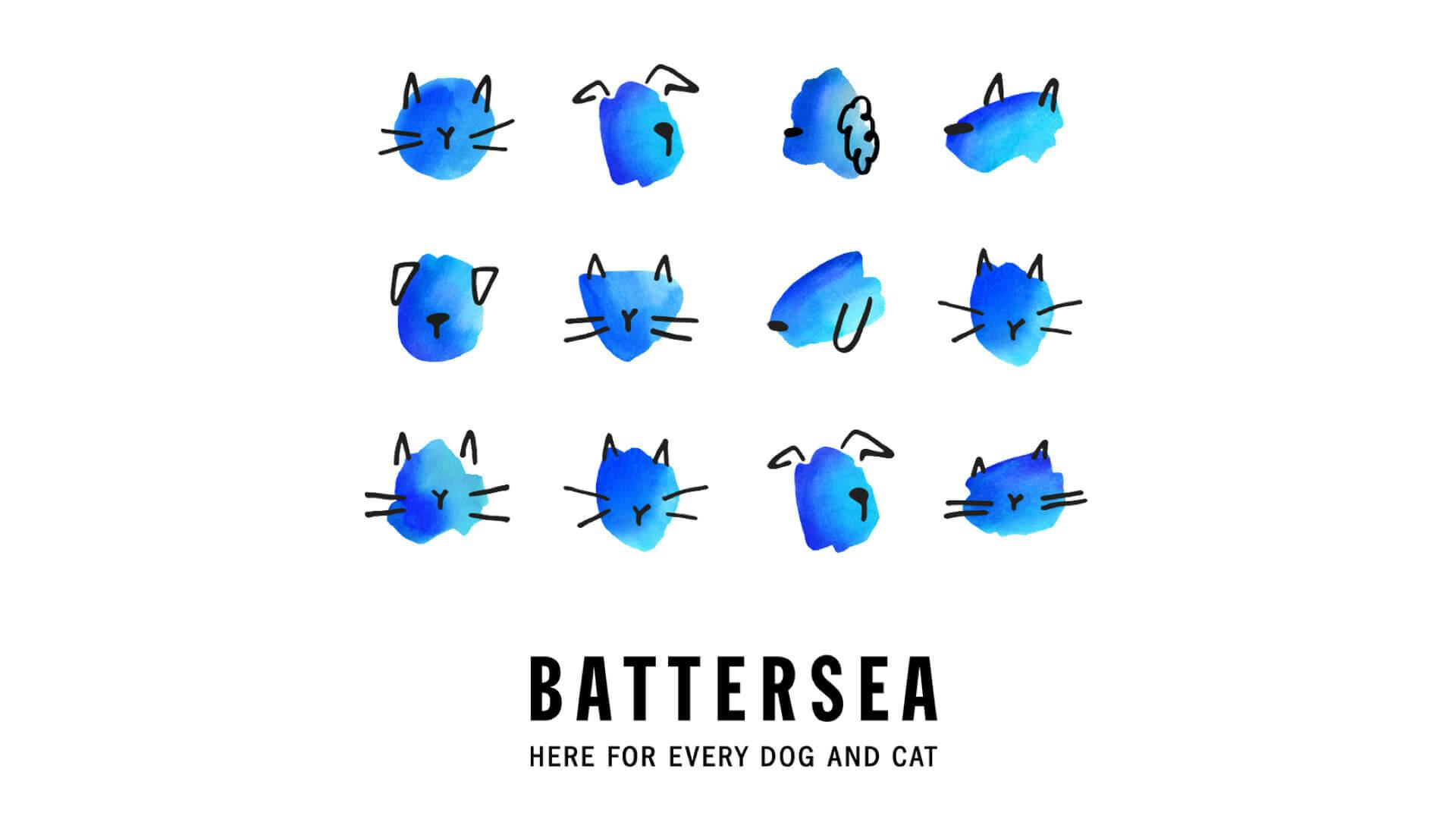
Everyone loves your work and sees you as one of the best. Which designers do you admire?
There are so many, from architects like Richard Rogers who I have been lucky to work with for many years, to graphic designers like Anette Lenz, Ariane Spanier,
I love the work of all my Pentagram partners, was inspired to become a designer by Paula Scher, and I love the work of new partners like Matt Willey.
I also am very inspired every day by my husband Stu. I know this sounds naff but we push each other to do better work.
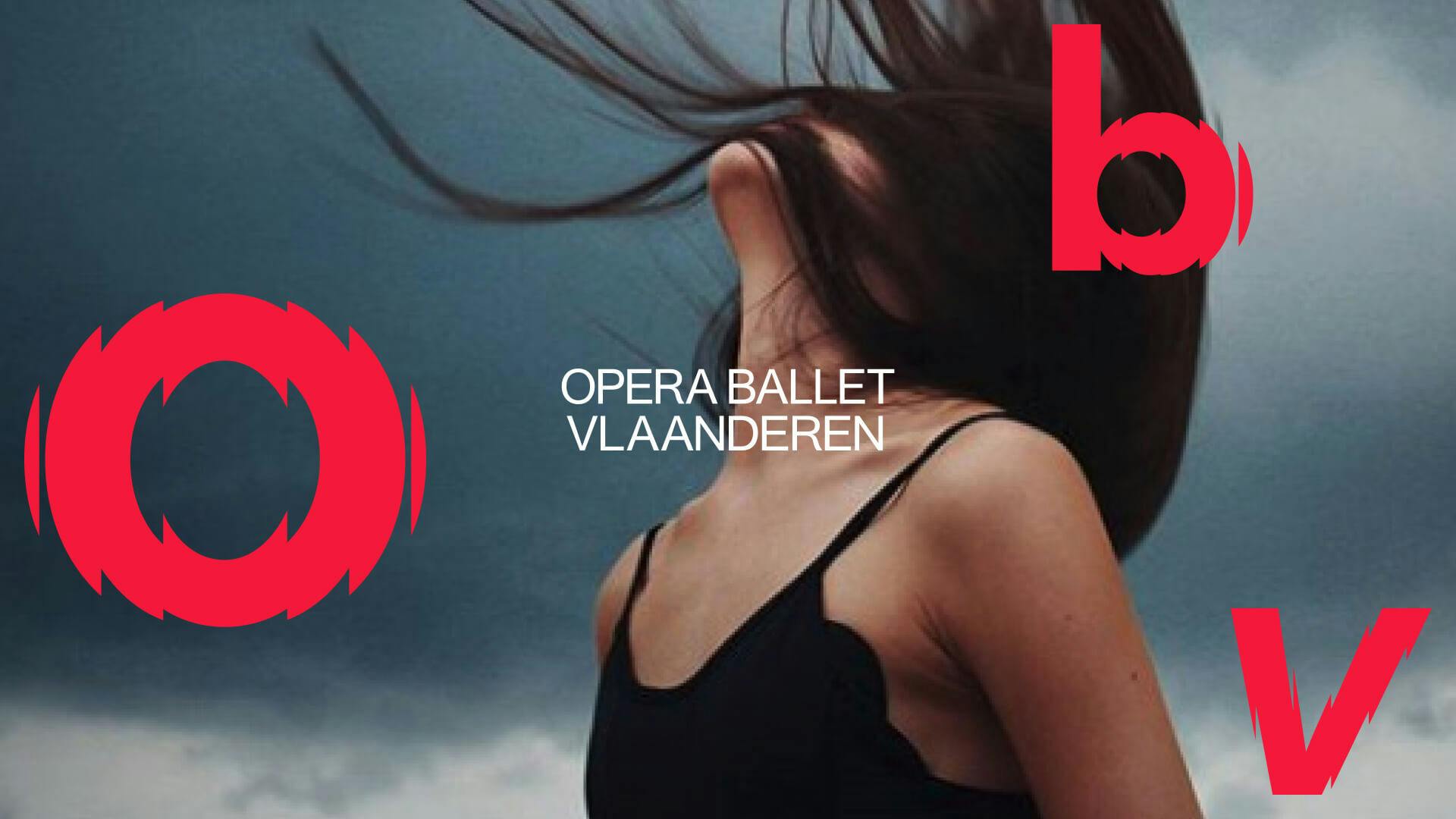
You were the first female to become a Pentagram partner in London. Can you tell us how that felt and what it meant to you?
Oh, sometimes it’s funny. I'm not only the first female but loud, Brazilian and I am not afraid of colour. I probably drive my partners crazy, but equally, Pentagram is very much like coop.
And it’s a family, a bunch of people I really like being with. We constantly shape the culture, the work and the spirit of the place together.
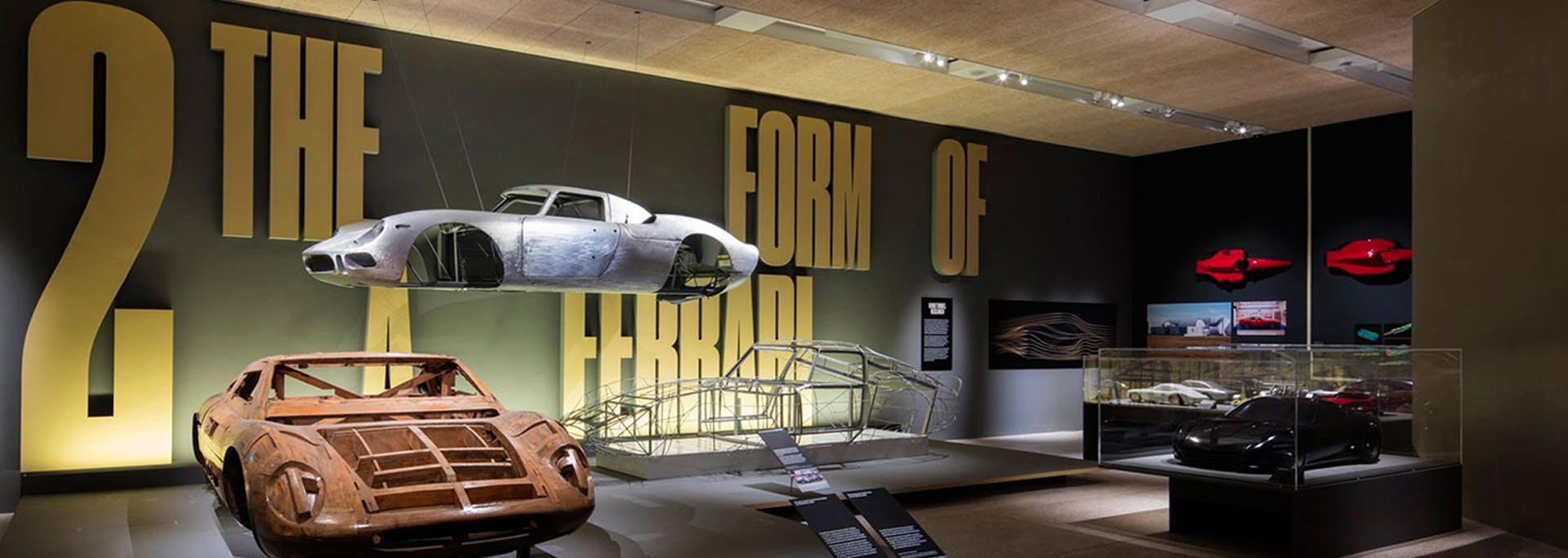
I rarely see you without your stickers, tape and colour pens. Can you tell us what that is about?
Doodling is like meditation. But it is practical. It helps me clear my head and helps me focus. It started as a way to relax my mind as I have chronic migraines. I love tangible things, we do a lot digitally, and that in a way makes me also crazy about things you can make in the analog world. Colour and sketching are also an important form of expression for me, as you know when I travel when I have time off, or even in meetings (when I am good friends with the people in the room!).
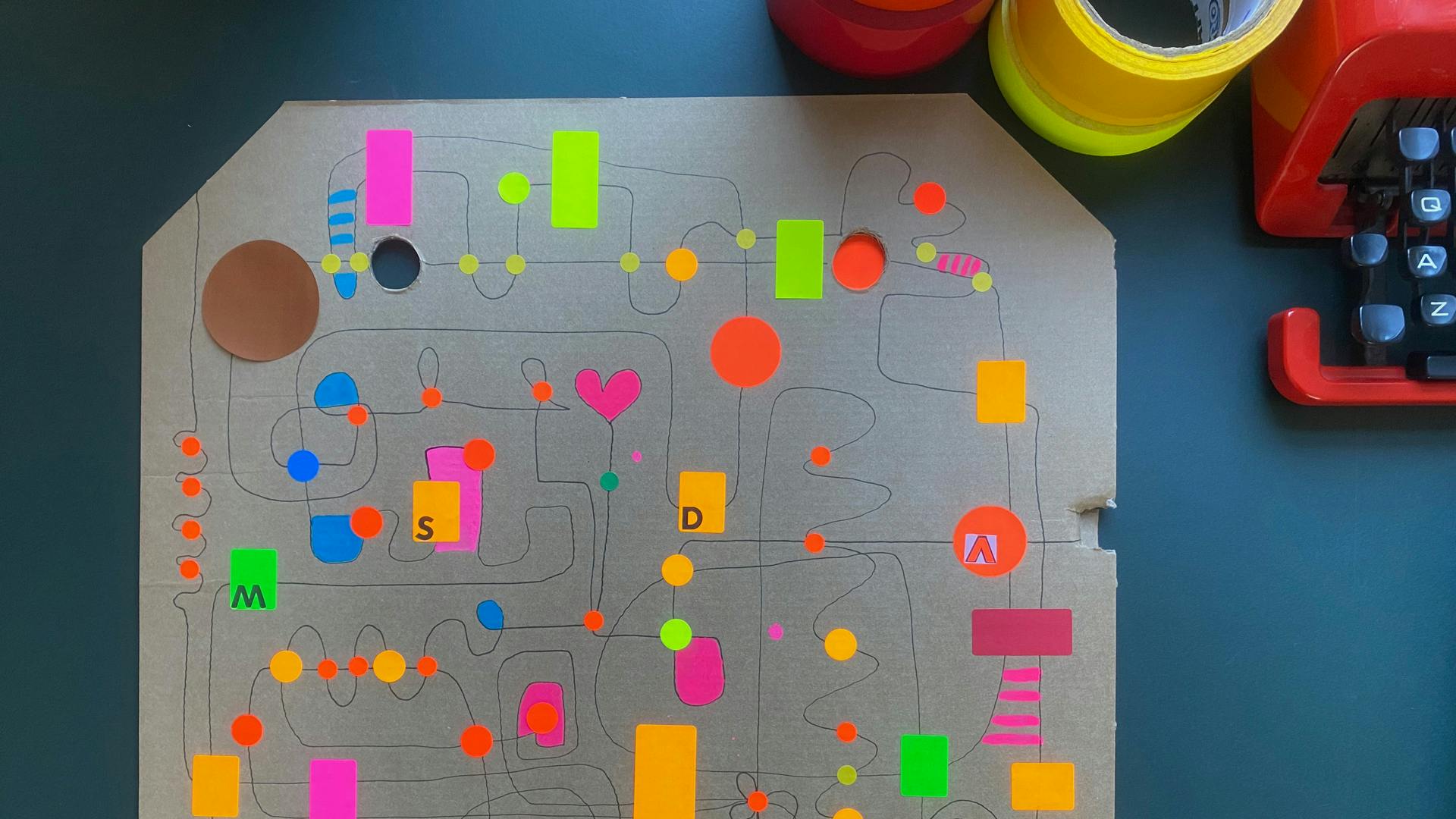
What advice do you have for young designers trying to get their first break?
Get out in the world (I know COVID does not help). Be present, wherever you go, notice stuff around you. Don’t look at design books, look at everything around you, find things you love to do that are creative. Read, draw, photograph, make films, write stories. What the world needs is designers with imagination. People that can invent a way out of this bleak world we live in. Design can really help make change. Either to reinvent, to inspire, to challenge, to make people think, or to find new ways.
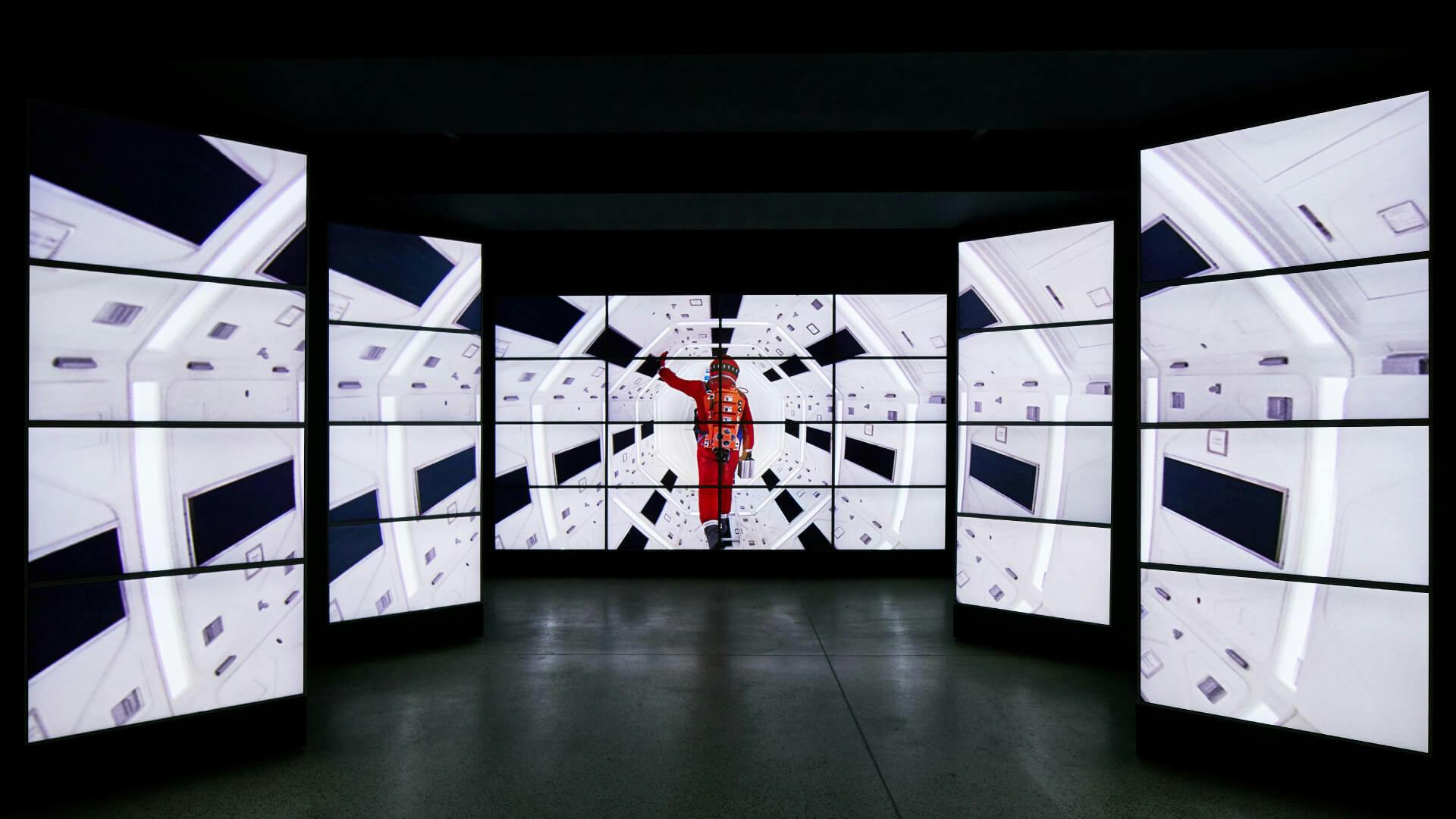
Marina Willer is a Pentagram Partner, filmmaker, and AGI Member. She has created brands for Tate, Rolls-Royce, Battersea Dogs & Cats, and Amnesty International.
